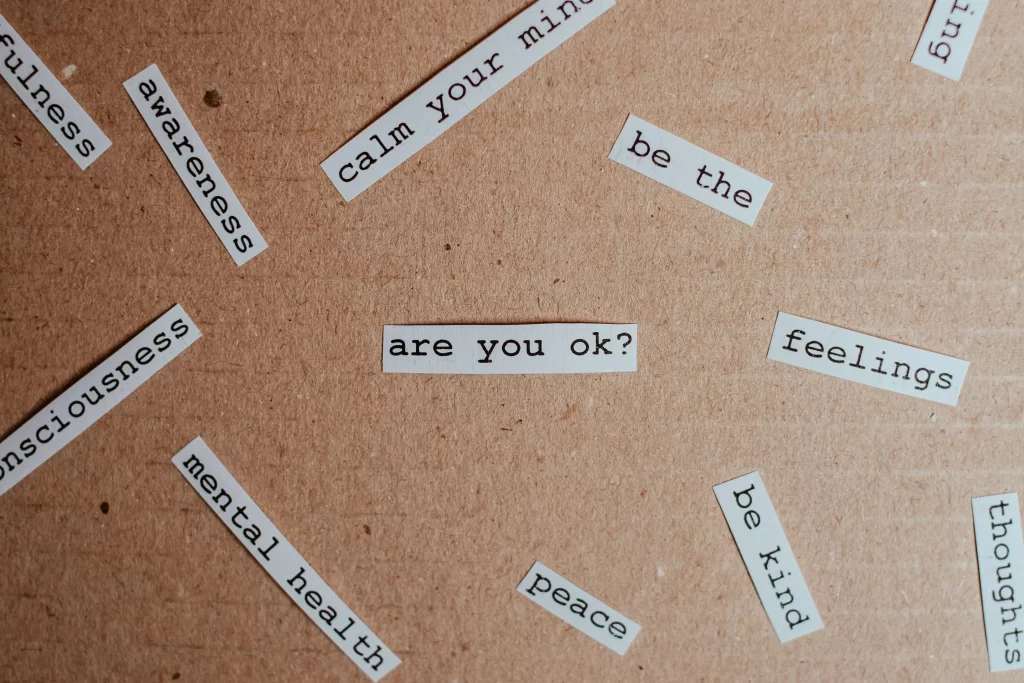Africa’s Mental Health Crisis

Africa is facing a growing mental health crisis, with millions struggling in silence due to stigma, lack of resources and inadequate mental health infrastructure.
On any given day in Ghana, around 8500 people experience mental health disorders, yet it remains one of the most neglected areas of healthcare. With a population of over 32 million people, Ghana has seen remarkable strides in various sectors, but mental health remains a critical challenge.
Traditionally, mental illness was often misunderstood and attributed to spiritual or supernatural causes. People with mental health conditions were sometimes viewed as possessed or cursed, leading to their marginalization and mistreatment.
Today, mental health in Ghana is characterized by a complex mix of progress and ongoing challenges. According to the World Health Organization (WHO), mental health disorders contribute to 13% of the global burden of disease. In Ghana, it is estimated that about 650,000 people are living with severe mental disorders, and over 2.3 million are suffering from moderate to mild mental conditions. Despite these numbers, mental health services are still grossly under-resourced.
Ghana’s mental health care system is significantly underfunded, with less than 1% of the national health budget allocated to mental health. This has resulted in a shortage of mental health professionals, with only about 30 psychiatrists serving the entire population. Additionally, there are just three psychiatric hospitals in the country: Accra Psychiatric Hospital, Pantang Hospital, and Ankaful Psychiatric Hospital. These facilities are often overcrowded and under-resourced, making it difficult to provide adequate care.
One of the most pervasive challenges to mental health in Ghana is the stigma associated with mental illness. Deep-seated cultural beliefs and misconceptions often lead to discrimination and social exclusion of individuals with mental health conditions. This stigma is not only a barrier to seeking help but also affects the quality of care provided.
Many people with mental health issues are reluctant to seek professional help due to fear of being labeled or ostracized. The stigma extends beyond individuals to families, who may feel ashamed or embarrassed by a relative’s mental illness.This can lead to further isolation and neglect of the person affected, worsening their condition and making recovery more difficult and that is why we exist.
Secret Memoir exists to provide a compassionate and non-judgmental space for individuals facing life’s toughest challenges, including depression and mental health disorders. We understand that mental health struggles can profoundly affect every aspect of a person’s life, from their relationships to their overall well-being. Recognizing the isolation and stigma that often accompany these conditions, Secret Memoir is dedicated to fostering an environment where individuals can share their experiences openly, connect with others who understand, and access the medical care they need. Their vision is to build a global community where the power of storytelling transforms lives, breaks down stigma and creates a supportive network of individuals.
Written by Sylvana Teiman


